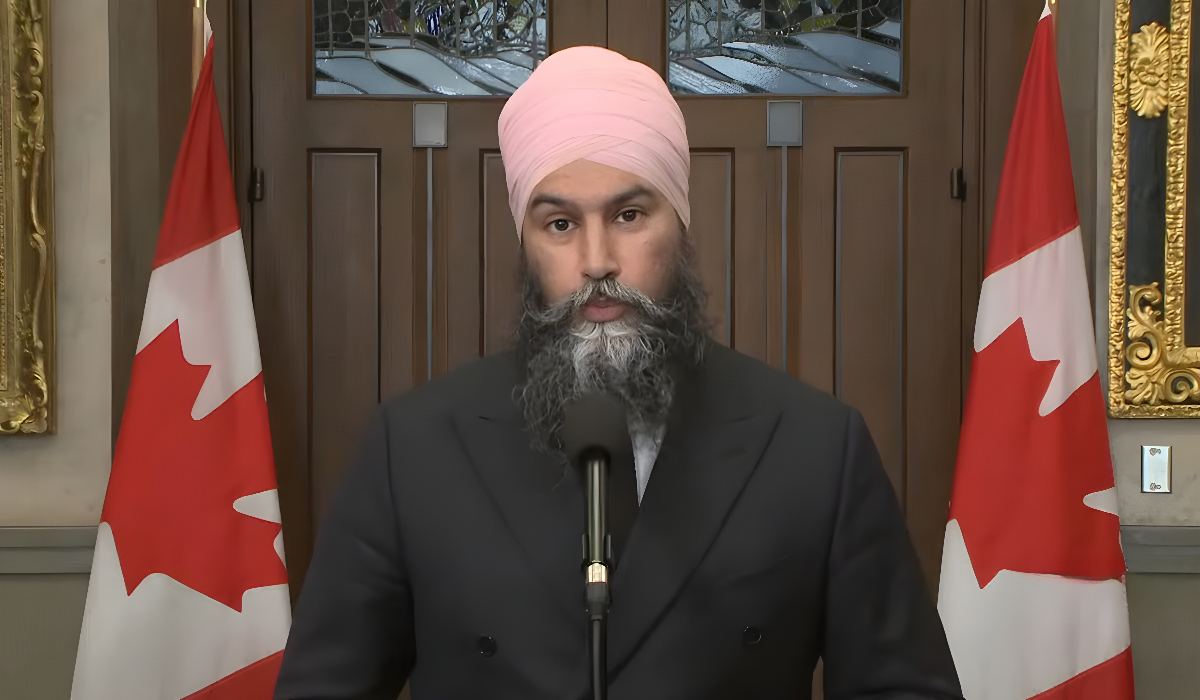Canada Extends Ban on Foreign Homeownership: A Band-Aid on a Broken System
- Kingston Bailey
- Canada
- February 5, 2024

Image Credit, Paul Brennan
The Canadian government’s recent decision to extend the ban on foreign ownership of residential property for two years has reignited the debate on housing affordability. While the initiative aims to address concerns about foreign investors driving up prices, experts warn it paints an incomplete picture and presents a limited solution to a deeply ingrained problem.
Proponents of the ban argue that foreign investors, particularly in major urban centers like Vancouver and Toronto, engage in speculative buying, inflating housing prices and making homeownership increasingly out of reach for Canadians. However, statistics paint a different picture. According to the Canadian Real Estate Association, foreign ownership accounts for a mere 5% of national housing purchases. This suggests that focusing solely on foreign investors risks overlooking the bigger picture.
The true drivers of Canada’s housing crisis are multifaceted and interconnected:
Limited Supply: Canada faces a significant housing shortage, with demand far exceeding new construction. This imbalance naturally pushes prices upwards, regardless of foreign involvement. Zoning restrictions, lengthy approval processes, and limited availability of land further exacerbate the supply problem, creating a seller’s market where affordability becomes a secondary concern.
Rapid Population Growth: Canada’s population is growing faster than housing construction, further straining the market and contributing to affordability concerns. Immigration plays a significant role in this growth, but it’s important to remember that population growth also brings economic benefits and societal diversity. Finding a sustainable balance between accommodating newcomers and ensuring housing affordability remains a critical challenge.
Domestic Speculation: While the government’s ban targets foreign investors, domestic speculators and investment firms also play a significant role. Their bulk buying and short-term holding strategies can contribute to price hikes just as much as foreign purchases. Addressing domestic speculation requires a multi-pronged approach, including vacancy taxes, stricter regulations on bulk buying, and increased transparency in ownership structures.
Interest Rate Fluctuations: Recent interest rate hikes have cooled down buyer enthusiasm, bringing some relief to the overheated market. However, they’ve also potentially inflated existing homeowners’ equity, making them less likely to sell and add to the available housing stock. This creates a market with fewer options, further hindering affordability for first-time buyers.
Therefore, while the ban extension addresses a specific concern, it’s crucial to acknowledge its limitations. Focusing solely on foreign ownership risks neglecting the broader supply, demand, and investment dynamics at play. Moreover, it potentially creates a narrative of “us” versus “them,” which can be divisive and unproductive.
Instead of relying on a single measure, experts recommend a comprehensive and holistic approach:
Boosting Housing Supply: Streamlining approvals, encouraging diverse housing types (including affordable options), and utilizing brownfield redevelopment are crucial steps. Additionally, increasing collaboration between federal, provincial, and municipal governments can expedite construction and ensure efficient land use.
Addressing Domestic Speculation: Policies targeting domestic speculators and investment firms, such as vacancy taxes or stricter regulations on bulk buying, could help dampen their influence on the market and free up homes for genuine buyers. Additionally, increasing transparency in ownership structures can shed light on hidden speculative activity.
Supporting First-Time Buyers: Initiatives like down payment assistance programs and tax breaks can make homeownership more attainable for young Canadians, increasing their participation in the market and diversifying ownership patterns. Additionally, promoting financial literacy and providing guidance on navigating the complex housing market can empower first-time buyers to make informed decisions.
Investing in Social Housing: Expanding and maintaining subsidized housing options are essential for vulnerable populations who struggle to compete in the private market. Ensuring everyone has access to safe and affordable housing is not just a social good but also an economic imperative, as stable housing contributes to overall societal well-being and productivity.
The Canadian government’s extension of the foreign ownership ban is a step, but it’s just one step on a long road towards achieving true housing affordability. A comprehensive strategy that tackles the broader supply, demand, and investment landscape, while addressing the needs of diverse groups within the population, is necessary to ensure everyone in Canada has a safe and affordable place to call home.








